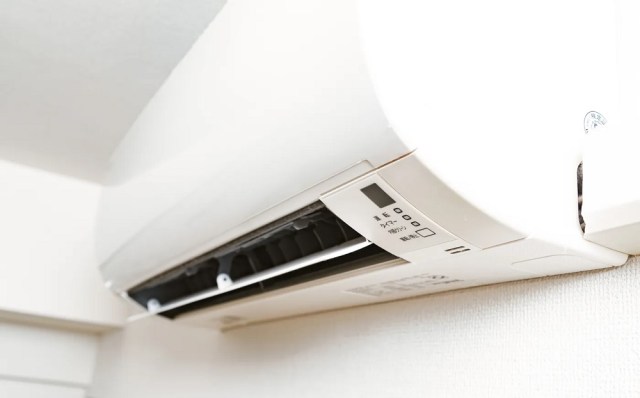
Ministry wants new authority to aid shift to renewable energy sources.
For a large part of the year, the weather in Japan is far from comfortable. Winters are cold, and summers are hot and humid.
Those seasons could become even less comfortable, though, if a new plan from the Japanese government goes through. As reported by Japan’s Nihon Keizai Shimbun, in a meeting last Wednesday the Energy Conservation Subcommittee of the Ministry of Economy, Trade and Industry resolved to begin working group discussions with the aim of gaining the ability to remotely turn down privately owned air conditioner/heater units. The goal would be to decrease energy usage during expected power shortages, which the committee feels are a growing concern as Japan attempts to shift towards renewable energy sources such as solar power, where the amount generated can be affected by day-to-day climate, making it difficult to stabilize the amount of total power available. The ministry says that AC unit usage accounts for roughly 30 percent of household electricity consumption in Japan.
From a technical standpoint, the plan wouldn’t be particularly difficult to implement. Japanese air conditioner units have long had remote controls, so external inputs aren’t a problem, and many models now allow the owner to turn the system on and off or adjust temperature settings through the internet. By asking manufacturers to extend such access to government regulatory organizations, and granting those organizations override functions over other inputs, the plan could easily be put into practice for internet-connected AC units, and water heaters are another home appliance the committee is looking to gain the ability to throttle back.
Winning over the minds of the public, though, isn’t likely to be as easy, as Twitter reactions to the news attest to.
“Creepy.”
“Are they crazy?”
“Playing God.”
“That’s the sort of idea you’d only come up with if you aren’t right in the head.”
“I’m glad the AC unit I just bought isn’t internet-connected.”
“Another great government idea.”
“Hey, government, isn’t it your job to make sure the power grid can support us?”
“So they’ll stop doing this when people start dying, right?”
The last comment might sound like hyperbole, but heatstroke deaths aren’t uncommon in Japan, with a heat wave a while back killing 79 people in Tokyo alone. According to Nihon Keizai Shimbun, the committee is currently working under the concept that the government would only be able to turn down AC units if their individual owners have agreed, in advance, to grant that authority.
Source: Nihon Keizai Shimbun, Twitter
Top image: Pakutaso
● Want to hear about SoraNews24’s latest articles as soon as they’re published? Follow us on Facebook and Twitter!

No hay comentarios:
Publicar un comentario